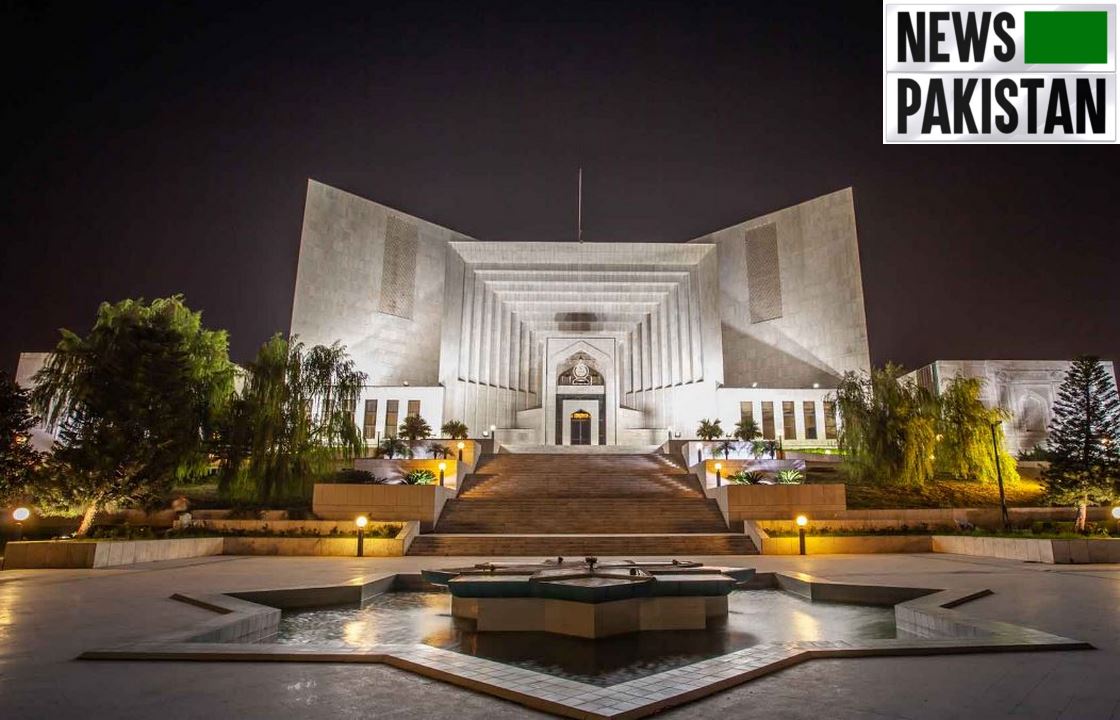ISLAMABAD: SCP, in a 6-1 majority verdict, has nullified the lifetime disqualification under the Constitution’s Article 62(1)(f) here on Monday (8th of Jan, 2024).
Justice Yahya Afridi dissented from the verdict of the larger bench that says the parliamentarians would be barred from holding office for five years under the law: “With profound respect, I disagree [with the verdict].
“For reasons to follow, the extent of lack of qualification of a member of the Parliament, a envisaged under Article 62(1)(f) of the Constitution of Islamic Republic of Pakistan, 1973, is neither lifelong nor permanent, and the same shall remain effective only during the period the declaration so made by a Court of law remains in force.”
Meanwhile, SCP’s 2018 judgment in the Samiullah Baloch case has also been set aside that ruled that disqualification handed down under Article 62(1)(f) was supposed to be permanent.
It is pertinent to mention here that following this judgement nothing bars PML-N Supremo Nawaz Sharif and IPP patron Jahangir Tareen from contesting the 8th January, 2024 polls.
APP Adds:
The Supreme Court on Monday nullified the lifetime disqualification of parliamentarians under Article 62(1)(f) of the Constitution with a 6-1 majority judgment.
The seven-member larger bench headed by Chief Justice of Pakistan Qazi Faez Isa and comprising Justice Syed Mansoor Ali Shah, Justice Yahya Afridi, Justice Amin ud Din Khan, Justice Jamal Khan Mandokhail, Justice Ali Mazhar and Justice Musarrat Hilali had reserved the verdict on January 5, which was announced today.
The seven-page written order read: “Article 62(1)(f) is not a self-executory provision as it does not by itself specify the court of law that is to make the declaration mentioned therein nor does it provide for any procedure for making, and any period for disqualification incurred by, such declaration.
“There is no law that provides for the procedure, process and the identification of the court of law for making the declaration mentioned in Article 62(1)(f) of the Constitution and the duration of such a declaration, for the purpose of disqualification thereunder, to meet the requirements of the fundamental right to a fair trial and due process guaranteed by Article 10A of the Constitution.
“The interpretation of Article 62(1)(f) in imposing a lifetime disqualification upon a person through an implied declaration of a court of civil jurisdiction while adjudicating upon some civil rights and obligations of the parties is beyond the scope of the said Article and amounts to reading into the Constitution.
“Such reading into the Constitution is also against the principle of harmonious interpretation of the provisions of the Constitution as it abridges the fundamental right of citizens to contest elections and vote for a candidate of their choice enshrined in Article 17 of the Constitution, in the absence of reasonable restrictions imposed by law.
“Until a law is enacted to make its provisions executory, Article 62(1)(f) of the Constitution stands on a similar footing as Article 62(1)(d), (e) and (g), and serves as a guideline for the voters in exercising their right to vote.
“The view taken in Sami Ullah Baloch case treating the declaration made by a court of civil jurisdiction regarding breach of certain civil rights and obligations as a declaration mentioned in Article 62(1)(f) of the Constitution and making such declaration to have a lifelong disqualifying effect amounts to reading into the Constitution and is therefore overruled.
“Section 232(2) added in the Elections Act, 2017, prescribes a period of five years for the disqualification in terms of Article 62(1)(f) and has also made such declaration subject to the due process of law. This provision is already in field, and there remains no need to examine its validity and scope in the present case.
“Syed Ali Imran, the Secretary of the Supreme Court Bar Association (‘SCBA’), stated that the SCBA sought to withdraw appeal filed in 2022, therefore, the said appeal and petition are dismissed as withdrawn.
Justice Yahya Afridi, in his dissenting note, said, “For reasons to follow, the extent of lack of qualification of a member of the Parliament, as envisaged under Article 62(1)(f), is neither lifelong nor permanent, and the same shall remain effective only during the period the declaration so made by a court of law remains in force. Therefore, the conclusion so drawn by this court in Sami Ullah Baloch is legally valid, hence affirmed.”
In its written order the court held: “Article 62(1)(f) of the Constitution of the Islamic Republic of Pakistan is not a self-executory provision as it does not by itself specify the court of law that is to make the declaration mentioned therein nor does it provide for any procedure for making, and any period for disqualification incurred by, such declaration…
“The interpretation of Article 62(1)(f) of the Constitution in imposing a lifetime disqualification upon a person through an implied declaration of a court of civil jurisdiction while adjudicating upon some civil rights and obligations of the parties is beyond the scope of the said Article and amounts to reading into the Constitution…
“Such reading into the Constitution is also against the principle of harmonious interpretation of the provisions of the Constitution as it abridges the Fundamental Right of citizens to contest elections and vote for a candidate of their choice enshrined in Article 17 of the Constitution, in the absence of reasonable restrictions imposed by law...”
Justice Yahya Afridi, in his dissenting note, said that the conclusion drawn by the court in Sami Ullah Baloch Vs Abdul Karim Nousherwani case was legally valid.
The SCP held: “The view taken in Sami Ullah Baloch v Abdul Karim Nausherwani treating the declaration made by a court of civil jurisdiction regarding breach of certain civil rights and obligations as a declaration mentioned in Article 62(1)(f) of the Constitution and making such declaration to have a lifelong disqualifying effect amounts to reading into the Constitution and is therefore overruled.”
Newspakistan.tv/APP




